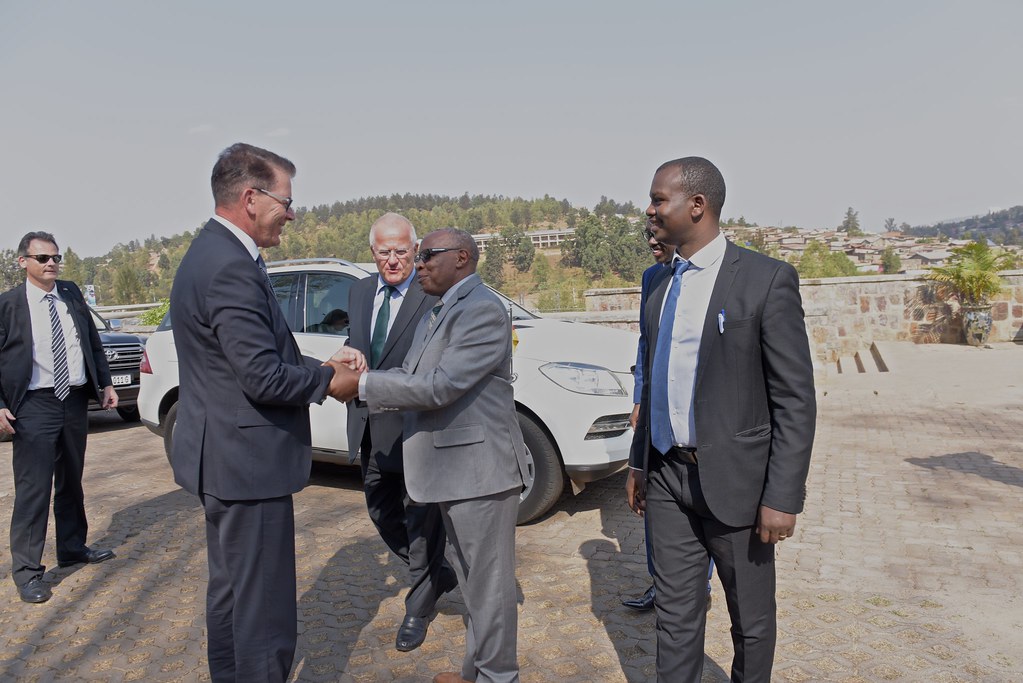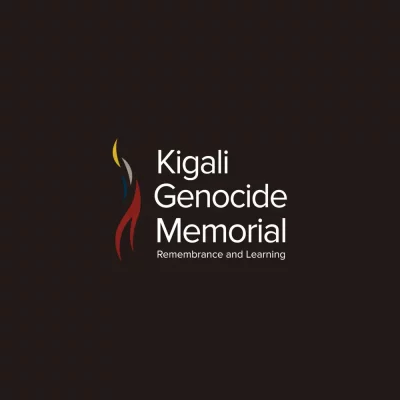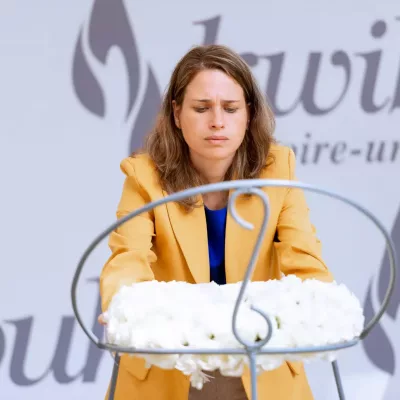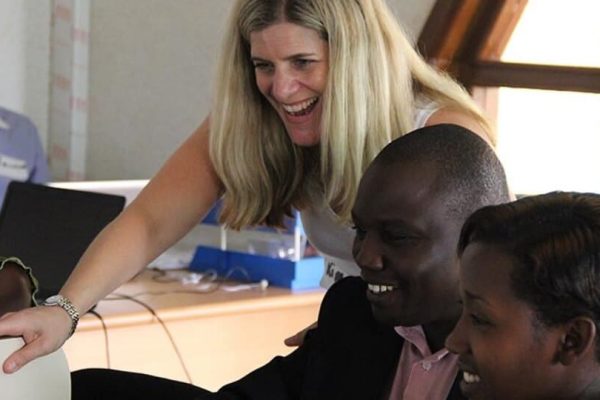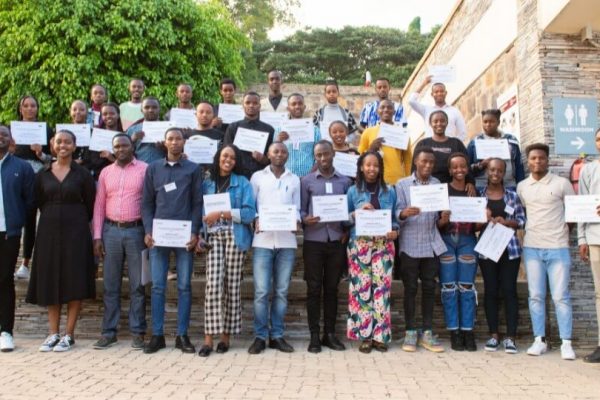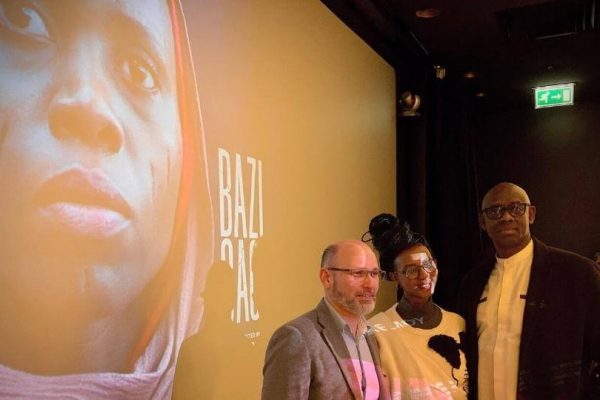Dr Gerd Müller, Germany’s Federal Minister for Economic Cooperation and Development, has visited the Kigali Genocide Memorial to pay respects to the victims of the Genocide against the Tutsi.
Dr Müller, who is in Rwanda for a two day official visit, laid a wreath on the memorial burial place, where more than 250,000 victims of the Genocide have been laid to rest. The Minister and his delegation also observed a moment of silence to honour the more than one million of victims of the Genocide.
Joined by the President of Rwanda’s Unity and Reconciliation Commission, Bishop John Rucyahana, Dr Müller toured the memorial’s exhibitions to learn the history of the Genocide against the Tutsi.
“I am deeply affected and moved by the visit to the Kigali Genocide Memorial. The memorial serves as a monument to the past, but is also a sign post for the future. Keeping alive the memory of peoples’ immense suffering is an important step on the path of reconciliation. I feel the deepest respect for those who choose this path and wish the people of Rwanda much strength and courage.” He wrote in the Visitor’s Guestbook at the memorial.
During an exchange with Bishop Rucyahana and Freddy Mutanguha, the Regional Director of Aegis Trust (the organisation that runs the Kigali Genocide Memorial), Dr Müller Muller learned about the efforts made by the memorial and the Unity and Reconciliation Commission to share lessons from Rwanda’s past and rebuilding experience with other nations across Africa and further afield.
Speaking on the country’s post-genocide reconstruction, Bishop Rucyahana said that what Rwanda has achieved is not magic, nor is it a miracle either. He said that after assessing the past, Rwandans understood that even tragic history cannot be thrown away but that lessons must be drawn from it.
“Our unity has become a source of energy, our effort and sweat serves the purpose of transformation, and we are learning from our unpleasant history to write a new hopeful history,” Bishop Rucyahana said.
At the end of his visit, Dr Müller said that the victims of the Genocide against the Tutsi serve as a reminder of the responsibility we all have to fight for peace in our countries and across the international community.


